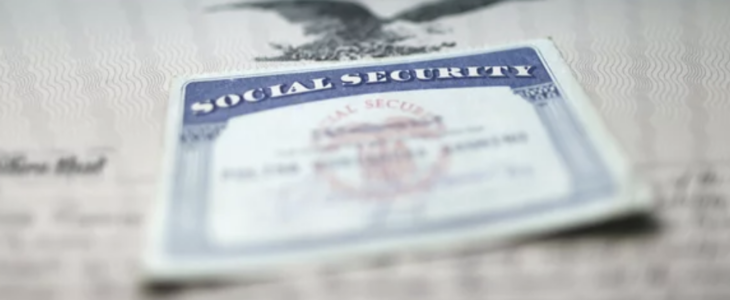Identity theft is among the fastest growing crimes in the United States. In 2015 alone, more than 10 million Americans had their identities stolen and their financial information compromised.
Hackers have been successful in targeting financial institutions, retail companies from Target to Home Depot, and even government agencies. They have stolen sensitive credit card data, Social Security numbers and banking accounts in large data breaches.
After a data breach, hackers have names, Social Security numbers, addresses and credit information. That is all identity thieves need to open new lines of credit, apply for loans and create a financial nightmare for unsuspecting consumers.
A Simple Way to Protect Yourself
One of the simplest and most effective ways to protect yourself from the negative effects of identity theft is to place a security or credit freeze on all of your credit reports. That way crooks and lawbreakers can’t use your credit file to get new credit in your name. Further, if someone reports any new information to a creditor (such as a change of address or phone number), you are notified.
Initiating a Security Freeze on Your Credit File
A security freeze can be a cost-effective identity theft prevention tool. Freezing your credit file prevents access to your credit accounts and your entire credit file.
Under a security freeze, no one is able to open a new account, get a loan or sign up for a new credit card in your name or Social Security number. In effect, all inquiries into your credit file will be prevented. Freezing your credit file doesn’t affect your credit rating or existing credit lines at all.
Your credit report is “frozen” and you are given a PIN that you can use to temporarily unfreeze your report when you are applying for new credit. (There is a cost for unfreezing, however, so make sure you know the costs going in.)
Credit Freezes are for Everyone – Don’t Wait Until You are a Victim, Act Now
Security freezes have been available for identity theft victims for a long, time, but now are available for everyone. A credit freeze simply needs to be removed a few days before you apply for credit. For individuals who apply for new credit on a rare basis, freezing the credit file can help prevent identity theft.
Victims of Identity Theft – Fraud Alerts & Fraud Reports
Under the Fair Credit Reporting Act (FCRA), every American has some protective rights when they become a victim of identity theft. It is a good idea to place fraud alerts on your credit reports with all three of the consumer reporting agencies.
Fraud alerts inform anyone accessing your credit that you may be a victim of identity theft and they should be cautious about requests for credit coming from your Social Security number. Once you initiate a fraud alert, the credit reporting agencies will provide a free credit report, place a fraud alert on all three consumer reporting agencies and your information will be removed from all pre-approved credit card and loan offers for two years.
Take Action Against Debt Collectors
If you become the victim of identity theft, it is possible that debt collectors may erroneously pursue you. In some cases, they may violate the Fair Debt Collection Practices Act (FDCPA). Unethical and illegal tactics are prohibited under the FDCPA.
You have the right to be free of harassment and intimidation during the collection of a debt. If you believe that your rights have been violated, contact the Law Office of Mary Higgins to schedule a free consultation.
To freeze your credit reports, contact all of the nationwide credit and consumer reporting agencies:
Equifax: 1-800-349-9960
Experian: 1-888-397-3742
TransUnion: 1-888-909-8872
Be prepared to provide proof of your identity and your Social Security number. Most credit freezes require a nominal fee of $5 – $20. After your security freeze is approved, the agencies will provide you with a password that you can use to lift the security freeze at a later date.
To learn more about ways to protect yourself or to take legal action, call 302-894-4357 or email Mary Higgins at mary.higgins@letsbelegal.comtoday.
